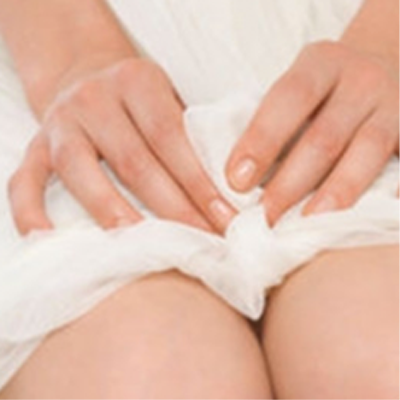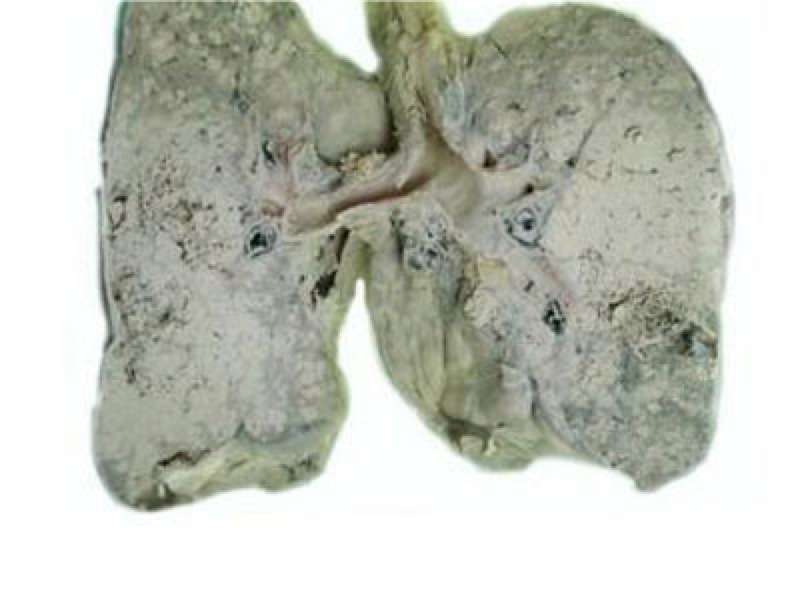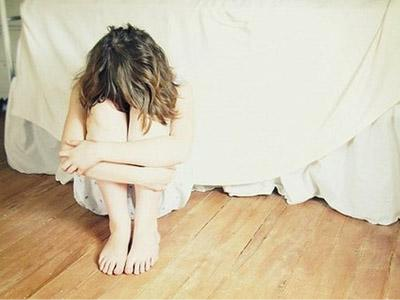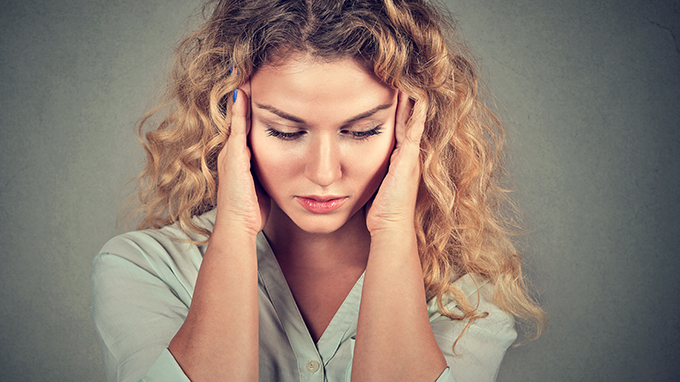Get rid of asthma freely (3)
Treatment articles
1. Why pediatric asthma should be treated early

It is often heard that "pediatric asthma grows into adults, it doesn’t matter if it is cured" This makes many children miss the favorable opportunity for treatment. Although some asthma children can indeed be cured without treatment, most doctors in recent years still believe that children with asthma should receive active and reasonable treatment. The main reason is that the immune system of children has not yet fully developed and has plasticity. As he grows older, his immune system develops gradually, this plasticity becomes worse and worse, and the chance of cure is getting smaller and smaller. Therefore, the child has asthma, the sooner the treatment, the better, and strive to be cured before puberty. Even if it is not cured in adolescence, it will be greatly improved due to active treatment in childhood.
2. Can pediatric asthma be cured?
5% children in the population above have asthma, but only 0.5&# in adults xFF05; Of people suffer from asthma and remove other factors, it can be concluded that eight out of ten asthmatic children can be cured clinically. But some parents mistakenly believe that since childhood asthma is good until puberty, it does not matter whether it is cured or not. In this way, many children with asthma have lost the favorable opportunity for treatment. Children''s asthma is not actively and effectively treated, and the rate of developing adult asthma is also very high, up to 60% ~ 70%. Some parents stop taking their child''s medicine as soon as their child''s asthma is under control, worrying that the medicine may have side effects. In fact, as long as children with asthma are reexamined regularly under the guidance of a respiratory specialist, add or subtract drugs according to the condition and maintain treatment with the smallest effective amount, most children with asthma can be completely cured.
3. Do you need treatment when asthma does not occur?
Asthma is a chronic recurrent disease that requires long-term treatment, many children only in I think of treatment when my asthma attacks, and I don’t need any drugs during the remission period. This recurrence will cause serious complications such as emphysema and pulmonary heart disease over time. The focus of asthma treatment should be on the remission period to completely eliminate the inflammation in the airway, so as to achieve the purpose of preventing asthma attacks.
4. The effect of allergic rhinitis on asthma
Allergic rhinitis is often an early manifestation of asthma, and itchy nose before asthma attacks , Sneezing, runny nose, stuffy nose, followed by wheezing, coughing The essence is chronic allergic inflammation of the airway, asthma is an allergic disease, often accompanied by other systemic atopic diseases, such as skin eczema and allergic rhinitis. When children with asthma visit a doctor, they can often ask about the history of infant eczema, but the proportion of those with allergic rhinitis is higher, about 50% of allergic rhinitis accompanied by asthma, of which 80% of allergic rhinitis occurs first. For asthma. During the onset of active allergic rhinitis, some children showed increased airway responsiveness. The level of airway reactivity is closely related to the severity of asthma attacks. Mild airway hyperresponsiveness is expected to recover, moderate or high airway high The reaction persists for a long time. Even if the asthma does not attack and the lung function is normal, the risk of asthma attack is still lurking, like a time bomb. Therefore, in the prevention and treatment of asthma, it cannot be limited to asthma itself, and active measures must be taken to treat the accompanying diseases. At present, more and more scholars tend to allergic rhinitis and asthma as a disease Allergic rhinitis is the first symptom that develops into asthma under the influence of environmental and other factors, and finally leads to lung dysfunction and chronic inflammation of the trachea.
5. How to treat allergic rhinitis in children?
The treatment of allergic rhinitis in children has its special features. Reasonable drug treatment not only helps Improving the child''s overall quality of life can also prevent secondary diseases such as bronchial asthma. The treatment of allergic rhinitis in children should consider the adverse reactions that long-term drug treatment may have on children. The following points should be noted:
①For those with mild illness, oral leukotriene antagonists such as montelukast (can be used for infants) or oral second-generation antihistamines such as Loratadine syrup (over 2 years old), nasal antihistamine is suitable for children over 6 years old.
②For severe symptoms, nasal corticosteroids can be selected to reduce the dose as much as possible and shorten the course of treatment within 2 to 6 weeks. Fluticasone propionate is suitable for children over 4 years old, while mometasone furoate is used for children over 3 years old.
③The treatment of allergic rhinitis in children should be standardized according to the severity of the disease, the age of the child, etc., under the guidance of professional doctors, the dosage of drugs must be strictly controlled according to the doctor’s instructions, and parents should always observe the children’s effects , Contact the doctor in time.
6. Treatment of childhood asthma with allergic rhinitis
When treating children asthma, it is necessary to consider whether allergic rhinitis exists and whether it is combined treatment To achieve a multiplier effect. For children with asthma and allergic rhinitis, nasal exhaled inhaled surface corticosteroids can be used, or oral montelukast (trade name: Shun Ning), to avoid simultaneous use of nasal inhaled corticosteroids. For different symptoms of allergic rhinitis, nasal decongestants, oral or nasal antihistamines can be used selectively. Special care should be taken when choosing specific immunotherapy, and standardized allergen testing must be used and performed in a standardized clinical desensitization center.
7. Is asthma related to allergies?
Although many children will have both asthma and allergies, these two conditions are not necessarily connected together. Some people have asthma without allergies, and many people with allergies do not have asthma. Regardless of the type of asthma, the treatment principles are the same, so in general it is not necessary to do an allergen test.
8. Is it safe for children with asthma to inhale superficial corticosteroids for a long time?
Asthma children do not increase the destruction of bone structure due to treatment . A study investigated 157 asthma children treated with long-term inhaled corticosteroids compared with 111 asthma children who did not inhale. There was no statistically significant difference in total bone mineral density, total bone mineral volume, total bone calcium, or systemic tissue between children who had inhaled corticosteroids for 3-6 years and those who had never taken medicine. In fact, inhaled hormones are very different from our commonly used systemic hormones (such as prednisone, dexamethasone, etc.). The daily dosage of children is only 200 to 400ug, which is 100 times less than the systemic hormones. In addition, only 20% after inhalation xFF05; Into the blood circulation, its possible side effects are minimal, does not affect the child''s growth and development.
9. Do not use antibiotics to treat asthma
Asthma is essentially non-specific chronic inflammation of the airways, not bacterial infectious inflammation. Therefore, antibiotics are ineffective in treating asthma. Although there are different views on early inhaled corticosteroids, most experts believe that although some children may transition to anti-asthma drugs, effective anti-allergic drugs and bronchodilators can shorten or reduce better than antibiotics. Wheezing attacks are also in line with the principles of early diagnosis and treatment of childhood asthma.
10. Treatment of asthma in children
Asthma is a chronic airway disease that can cause cough, wheezing, chest tightness and other airflow obstructions during its onset symptom. In general, it takes only 3 to 7 days to control the symptoms of asthma (cough, asthma). It takes 3 to 6 months to return to normal lung function in children with asthma, 1 year to return to normal airway hyperresponsiveness, and 1.5 to 2 years to eliminate airway inflammation (clinical cure of asthma). The newly revised international asthma treatment plan in 2006 used the level of asthma control as the basis for evaluating asthma treatment. At the minimum maintenance dose of 6 months to achieve complete control, it may be considered to discontinue observation. It is pointed out that children with asthma must be evaluated at least twice a year to Decide whether you need continuous treatment.
Related Articles

- Early Signs of Bladder Cancer
- What are the early symptoms of bladder cancer?
- 2020-12-17

- How to prevent depression
- How to prevent depression?
- 2020-12-17

- Early symptoms of lung cancer
- 2020-12-17

- Symptoms of depression
- What are the symptoms of depression?
- 2020-12-17

- Drinking water can prevent heat stroke
- Actually, the hot weather is not the direct cause of heat stroke. Heat stroke is mostly caused by sweating caused by heat. Under the high temperature in summer, the body sweats tens of tim
- 2020-08-03

- Office workers should beware of cervical spondylosis
- Cervical spondylopathy is mainly caused by degeneration of cervical intervertebral disc and hyperostosis of cervical spine, with neck and shoulder pain, numbness of upper extremities and d
- 2020-08-03
